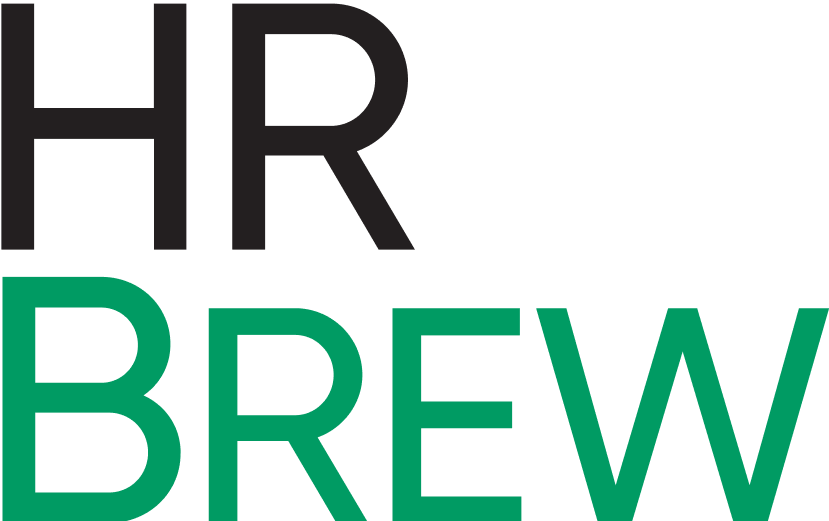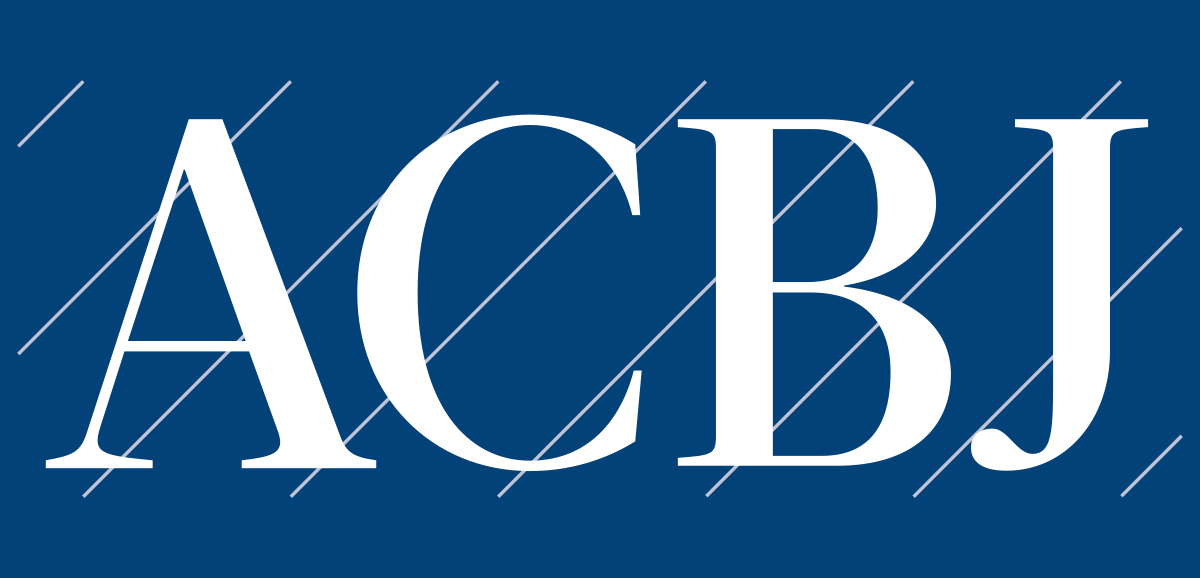
October 26, 2022
By: Susanna Vogel
In October, the Northern District of Texas told the EEOC to slow down. Judge Matthew J. Kacsmaryk determined the agency had “misinterpreted” Supreme Court guidance when issuing its 2021 technical assistance document, which guaranteed workers the right to use bathrooms and dress in accordance with their gender identity, and be recognized by their “preferred name and pronouns.”
Though this new ruling is limited to Texas employers, and is likely to be appealed, it creates inconsistent guidance for HR professionals—particularly those whose companies operate in multiple states—now that a federal court has held one opinion about Title VII and the EEOC has espoused another.
HR Brew talked with employment attorneys about how to understand and navigate what Mark Kluger, founder of Kluger Healey, called a “confusing” situation.
What’s up for debate? HR professionals might recall that in 2020, the Supreme Court issued Bostock v. Clayton County, which said that making “employment-related decisions” based on an employee’s “sexual orientation or transgender status” violated Title VII of the Civil Rights Act of 1964.
The EEOC’s job is to protect employment rights guaranteed by the legislature or courts—in this case, the ones outlined by Bostock—not create new ones. The question at the heart of State of Texas v. EEOC is whether the agency acted within its mandate or moved beyond it when it protected “correlated conduct,” including sex-specific dress, bathroom access, pronouns, and healthcare practices.
That’s not what he said. Kacsmaryk, a Trump appointee, ruled that the EEOC overreached, noting that the Bostock ruling refused to weigh in on the accommodations included in the EEOC’s technical assistance document. The Bostock majority opinion, written by Justice Neil Gorsuch, states, “We do not purport to address bathrooms, locker rooms, or anything else of the kind,” calling these “questions for future cases.”
This ruling isn’t the first blow to the EEOC’s interpretation of Bostock. It comes three months after a Tennessee federal court temporarily blocked the same guidance in 20 states, and just one month after two Republican legislators wrote to EEOC Chief Charlotte Burrows to decry the technical assistance as an overreach that went “far beyond” the legal guidelines.
Where does this leave us? On the matter of LGBTQ protections, Michelle Phillips, principal at employment law firm Jackson Lewis, told HR Brew that the latest ruling is “an attempt to dial back the direction the country was headed in.”
The key word here may be attempt. Kluger and Phillips stressed that there’s more litigating to be done. If it holds, courts around the country will have to decide on what Kluger called “test cases” to determine whether bathroom, dress, and pronoun accommodations are protected under Title VII.
The waiting game creates ambiguity for HR. “What [protections] actually means as a practical matter,” Kluger said, won’t become clear “until either Congress acts…or these court decisions come down over a long period of time in lots of different jurisdictions.”
What about current HR policies? Phillips and Kluger said they advise their clients to continue protecting LGBTQ workplace rights. Phillips doesn’t expect these rulings to dissuade the EEOC from pursuing possible discrimination claims. Protecting rights, Phillips said, might involve incorporating gender identity education into diversity training. She said the worst-case scenario is workers don’t feel supported when they’re harassed and “feel that the only option left is to quit or to sue the company.”
HR needs to set the tone that “discrimination of any kind will not be tolerated,” she said.
“We respect you for who you are, and whether a particular judge in Texas or not recognizes you, we recognize you. We see you. You should have a seat at the table. You do belong. You matter.”
Read the article here.









